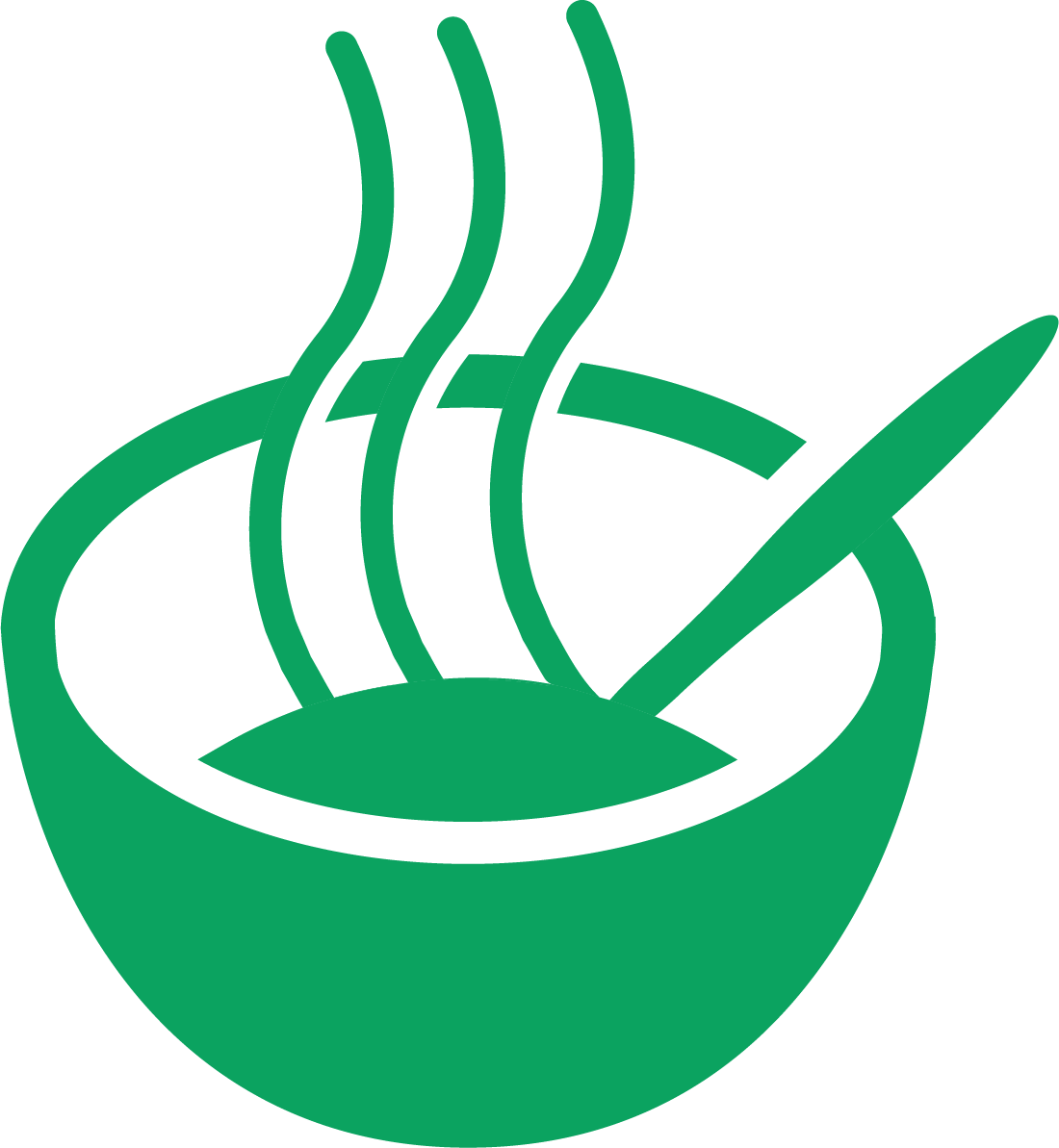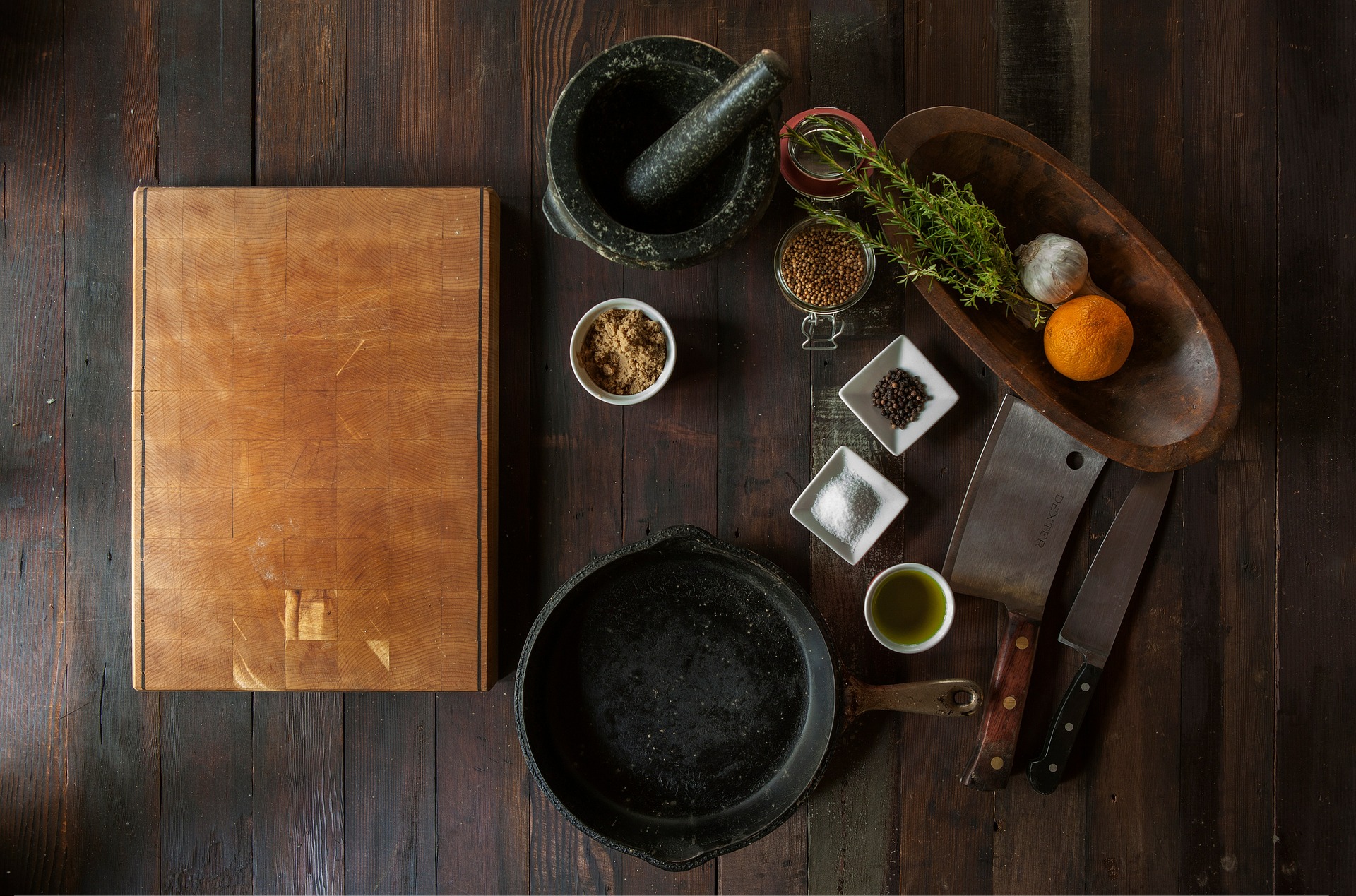About the project
GOALS
The goal of the project is to contribute to measurable and visible improvement of:
- intercultural dialogue through exchange of cultural/personal stories and meaning inherent in recipes
- key digital competencies (content creation, communication and security) connected to exchange of recipes and personal stories
- social integration of foreigners in the local community (expatriates, migrants, asylum seekers and refuges)
- interactions (in person and online) between adults born within or outside local communities in the partner countries
OUTPUTS
In order to achieve project goals, partners suggest the following intellectual outputs be developed:
Blended learning course: Presenting your culinary traditions in digital media (IO1)
Blended learning for adults born within or outside local communities (expatriates, migrants, asylum seekers and refuges) in the partner countries, based on a digital and intercultural approach.
E-learning platform: What’s cooking? (IO2)
Will be used to implement the e-learning part of IO1 – whereby online interactive activities for IO1 will be created. IO1 will be piloted through a practical and interactive approach and tools, so as to ensure appropriate adjustment to learners’ learning and communication needs.
Small learning units (IO3)
Project partners will create and publish a series of short learning activities aimed at developing intercultural awareness and communication competencies of working-age citizens (15-64) in their respective countries. A total of 50 lessons will be developed (10 per partner) with an average duration time of 1-3 minutes, which will be delivered through texts, images, sound and tests for raising awareness and improving citizens’ intercultural dialogue skills.
“Taste of Home” online radio show (IO4)
Project partners will create and publish a series of online radio episodes (podcasts) so as to foster the use of food and recipes as facilitators in bridging cultures between adults born within or outside the partner countries. Each partner will record and produce six 30-60-minute podcasts – they will invite adults born outside their local community and talk with them about food, cuisine and culinary tradition. Of the six episodes in total, four will be recorded in English, and two in the partners’ national languages.
Training programme for experts in adult education: Fostering of intercultural communication (IO5) will be implemented to support the achievement of intellectual outputs (IO1 and IO2) and ensure a quality outcome of the training. This training will primarily be based on non-traditional approaches to learning and will explore different roles teachers assume in blended learning. The training will also deal with key considerations in working with adult foreigners (expatriates, migrants, asylum seekers and refuges), as well as working with different groups of learners, so as to maintain efficient intercultural communication and positive atmosphere in learning environments.
PROJECT DETAILS
PROJECT ID
2020‐1‐DE02‐KA227‐ADU-008199
PROJECT COORDINATOR
VHS Hannover, Germany
PARTNERS
Photo by: Wooden Rolling Pins



